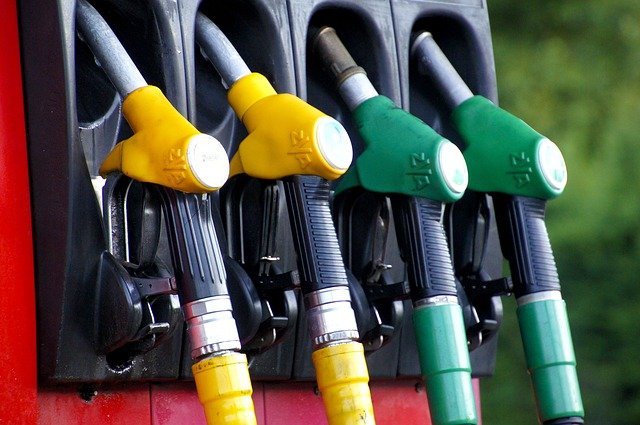As many will be aware, in March 2021 the UK Government announced impending changes to the way some fuel products would be taxed with effect from April 2022. Possibly the most significant of these is what’s widely known as ‘Red Diesel’.
For anyone unclear, red and white diesel perform in exactly the same way. Quite simply ‘red’ has a chemical marker added to distinguish it from white (or DERV [Diesel Engined Road Vehicle]) and because red wasn’t intended for road use, it attracted a far lower rate of taxation.

It should be noted that the red marker chemical also stains or dyes any fuel system component it comes into contact with, making it very easy for HMRC, VOSA etc to detect improper use!
These changes will inevitably affect power generation for both suppliers and consumers so how will these effects be felt?
There will be a number of exemptions to the changes. Specific areas of industry and business will be allowed to continue to use the lesser taxed fuel and more information on this can be found on the government website.
As with the introduction of many legislative instruments, this will be an iterative process and will inevitably be subject to a series of clarifications however there are some things that can be made clear from the outset.
- If your particular industry or usage category is not clearly included in the above-mentioned government list, then specific and individual advice may be necessary and the Government provide a specific contact* for this purpose.
- If you are part of a clearly identified industry, you will need to stop buying red diesel at a date appropriate to your typical usage rate and from there, move to white.
- Affected businesses should NOT purchase red diesel which will then remain available for use after 1st April 2022.
- The requirement for end users to have fuel tanks purged and flushed has been removed following consultation however emphasis is placed on NOT ‘stockpiling’ red diesel ahead of the transition which would clearly be intended for use after April 2022.
- Given the degree of uncertainty affecting some aspects of the anticipated transition, be certain to retain invoices, orders and in general to maintain a clear and visible audit trail of related activities which – should an inspection take place – would then demonstrate the rationale and reasoning behind the current position of your business.
At the time of writing (August 2021) we can confirm the following points with regard to the use of HVO (Hydrogenated Vegetable Oil) as alternative fuel:

- HVO is a drop-in replacement and can be mixed with old diesel and there have been no compatibility issues recorded to date
- From 1st April 2022, all HVO will have to be sold as road fuel and so have the additional tax applied, thus it will be more expensive than white diesel
- The main selling point for HVO is a reduction in CO2 emissions which may be of interest to energy managers where their CO2 footprint is of importance. This is a result of the fuel manufacturing process and has no effect or bearing on exhaust emissions but when compared with fossil fuels, achieves a reduction of approximately 90%.
As with any fundamental change to the operation of essential equipment, it is always wise to check or ask questions specific to your own requirements before introducing an alternative fuel into your systems, to avoid any subsequent damage or reliability issues.
Please contact Shenton Group with any related technical questions.

